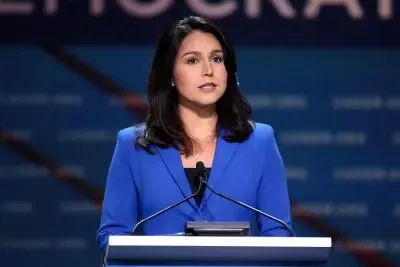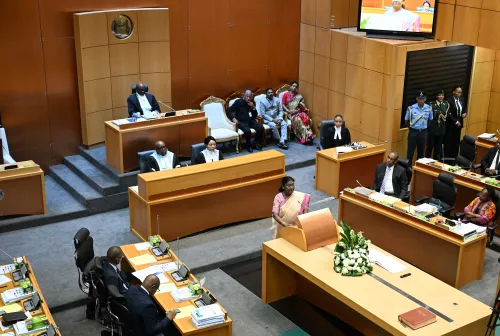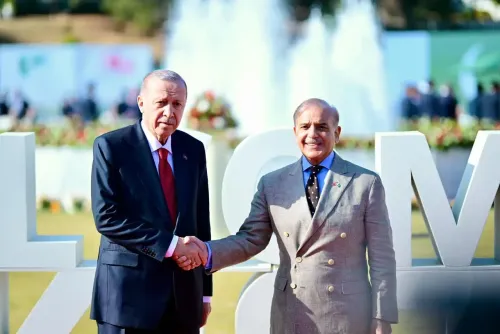Did the Trump Administration Unveil Martin Luther King Jr. Assassination Files?

Synopsis
Key Takeaways
- Release of over 230,000 pages related to MLK's assassination.
- Documents include FBI investigation details.
- King's family was informed, but some opposed the release.
- MLK is celebrated for his commitment to nonviolence.
- The files were kept secret for nearly 60 years.
Washington, July 22 (NationPress) - US President Donald Trump's Director of National Intelligence, Tulsi Gabbard, revealed that the administration has disclosed over 230,000 pages of documents pertaining to the assassination of civil rights icon Martin Luther King Jr. (MLK).
The files were made public after nearly 60 years of uncertainty surrounding the circumstances of MLK's assassination, as stated by Gabbard on the social media platform X.
"The documents encompass various aspects of the FBI's investigation into MLK's assassination, including discussions of potential leads, internal memos that detail case progress, and insights from James Earl Ray's former cellmate regarding a supposed plot to assassinate King," Gabbard noted.
On January 23, merely three days post-inauguration, Trump signed an executive order aimed at declassifying any remaining records related to the assassinations of former President John F. Kennedy, his brother Robert F. Kennedy, and MLK, according to the Xinhua news agency.
Following a court mandate in 1977, FBI records that accumulated to over 240,000 pages were restricted from public access and were stored at the National Archives and Records Administration.
The family of King, including his two surviving children, Martin III and Bernice, were notified by the Trump administration about the decision to release these documents and are currently reviewing the materials. However, several family members have expressed their opposition to the release.
MLK remains one of the most influential figures in the American civil rights movement, renowned for his dedication to nonviolent protest against racial segregation and inequality, alongside his iconic "I Have a Dream" speech.









